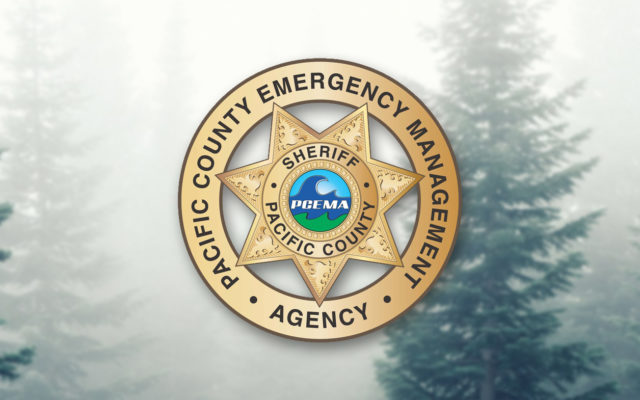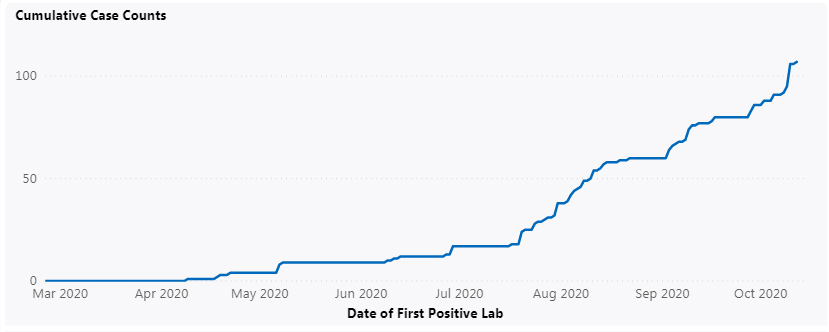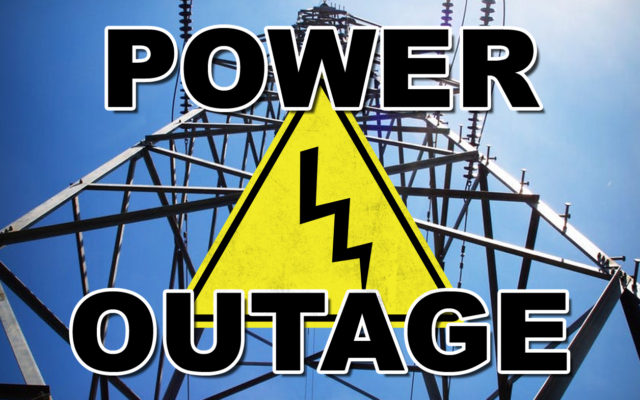Spike in Pacific County COVID cases

Pacific County Emergency Management says that they are seeing a spike in COVID-19 cases within the county.
In a release, Emergency Management Director Scott McDougall tells KXRO that there has been an increased number of COVID-19 cases within the community.
Since the beginning of October, there have been 21 new cases of COVID-19 in the county.
He says that officials are asking members of the community to avoid participating in large group events and to continue being vigilant regarding wearing masks, physical distancing, and washing hands.
“Our hope is that by continuing to follow Washington State Health Guidelines, we will give our best effort to try to avoid potential school closures, overburdening of our local healthcare system, and impacts to other sectors that may be impacted by increased transmission of COVID-19 in the community.”
McDougall states that mass gatherings and large community events bring people from multiple communities into close contact with each other and have the potential to increase COVID-19 transmission.
Events such as concerts, festivals, sporting events, and religious, political, or other gatherings create environments where a virus can spread quickly among event workers, participants, and attendees. This risk is even higher if participants are not wearing masks or are not maintaining recommended physical distancing.
As a reminder:
- The more people an individual interacts with at a gathering and the longer that interaction lasts, the higher the potential risk of becoming infected with COVID-19 and COVID-19 spreading.
- The higher the level of community transmission in the area that the gathering is being held, the higher the risk of COVID-19 spreading during a gathering: https://www.cdc.gov/coronavirus/2019-ncov/community/community-mitigation.html
Officials ask the community to continue to reduce the spread of COVID-19 by:
- Staying home when you are sick, except to get medical care.
- Wearing your mask when in public-indoors at all times and outdoors when distancing cannot be maintained.
- Covering your coughs and sneezes with a tissue or sleeve, then throw the tissue in the trash.
- Washing your hands often with soap and water for at least 20 seconds, especially after going to the bathroom; before eating; and after blowing your nose, coughing, or sneezing.
- Avoiding touching your eyes, nose, and mouth with unwashed hands.
- Cleaning frequently touched surfaces and objects daily.
- Minimizing close contact (e.g., recommending no hand shaking or hugging) and avoiding gatherings.
- Maintaining physical distancing of at least 6 feet from others.




